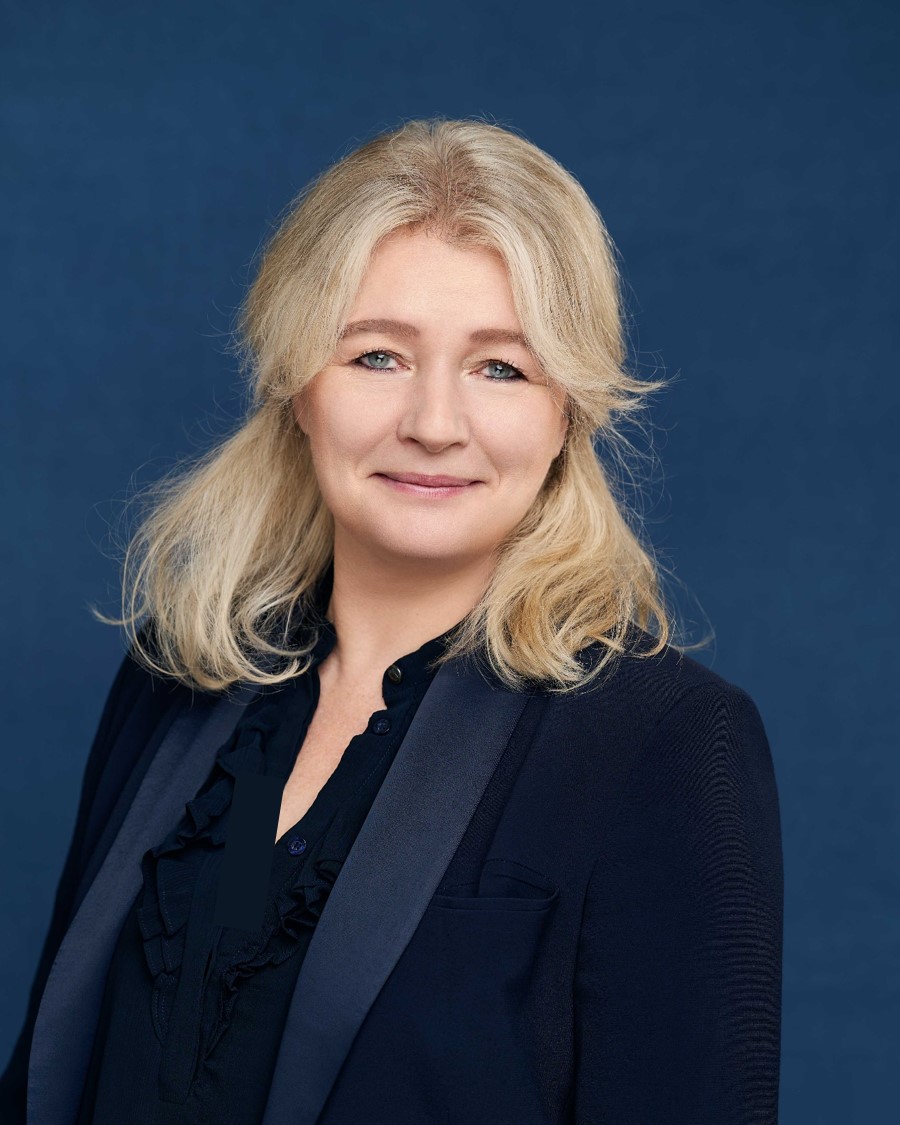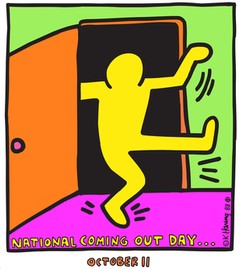As we celebrate Coming Out Day, a day to honor those who choose to live openly as LGBTQ+, we spoke with Florence Lecoutre and Milo Bogaerts, sponsors of Inclusion & Equal Opportunities at Allianz Trade and members of our Global Inclusion & Equal Opportunities Council.
What does Coming Out represent to you?
Florence: Personally, Coming Out is an act of courage and self-liberation. It’s about taking control of your narrative in a world that often tries to define you. Professionally, it signals that we, as an organization, need to create an environment where people feel safe to be their authentic selves. It’s not enough to be “tolerant”; we must actively ensure that our culture supports and celebrates differences.
Coming Out also forces us to confront our own biases. I think it’s an opportunity for everyone—whether you’re coming out or supporting someone who is—to reflect on how inclusive your actions truly are, both in and out of the workplace.
Why is it still difficult for some people to come out at work?
Florence: Even in companies with strong DEI policies, fear of judgment still exists. People worry about how their colleagues will perceive them, whether it will impact their career growth, or if it will change the way they’re treated day to day. There’s also the emotional toll—coming out isn’t just a one-time thing. It’s a repeated process in every new environment or interaction.
Milo: That’s why it’s essential that we as leaders make it clear. YOU are valued for who you are, in every dimension. The more we normalize open conversations about sexual orientation and gender identity, the easier it becomes for everyone to be themselves at work.
Is sexual orientation something that should be openly discussed at work?
Milo, you’ve been involved in Allianz’s Inclusion & Equal Opportunities efforts for some time. Why did you take on this additional role in the global Inclusion & Equal Opportunities council?
Milo: For me, Inclusion & Equal Opportunities isn’t just a matter of fairness—it’s critical for innovation. When you work in diverse teams, you’re constantly challenged to think differently, to step outside of your own perspective. That’s where real creativity happens. I’ve been lucky to experience this firsthand in some of the best teams I’ve been part of. They weren’t just professionally strong; they thrived because people brought their full selves to work, and we learned from each other’s differences.
Joining the global Inclusion & Equal Opportunities council was a natural extension of my belief that inclusion & equal opportunities is something we need to embed in everything we do, from the way we hire to how we develop talent and shape our culture.
How can companies create safer spaces for LGBTQ+ employees to come out?
Florence: It’s about more than just policies on paper—it’s about creating a culture of trust and belonging. Leaders play a huge role in this. It’s important that they not only speak up about Inclusion & Equal Opportunities but also show their support in concrete ways, whether through mentorship, sponsoring employee resource groups, or just being visible allies.
How does Allianz Trade provide support for employees?
Florence: We have a range of support mechanisms. Our employee network groups, like PRIDE, offer both community and practical advice for anyone who needs it. We also provide anonymous employee assistance hotlines for those who want confidential guidance. And let’s not forget the importance of education—our Inclusion & Equal Opportunities intranet is full of resources, from articles to webinars, that can help anyone learn more about fostering an inclusive environment.
What can colleagues do to make the workplace more inclusive for LGBTQ+ individuals?
Milo: Start with listening. It sounds simple, but just being willing to listen without judgment when someone shares their story makes a huge difference. Beyond that, educate yourself. Be aware of the challenges LGBTQ+ people might face, whether it’s around pronouns, microaggressions, or assumptions about their lives. The more informed you are, the better ally you can be.
Florence: At a broader level, we need to foster an environment where differences are embraced, not just tolerated. That means actively standing against any form of discrimination and speaking up when we see or hear something that doesn’t align with our values of inclusion.
In parallel, we will ensure our PRIDE networks grow, expanding the visibility of LGBTQ+ voices in leadership roles, and continuing to challenge the status quo.
Milo, if you could leave one message for LGBTQ+ colleagues on this Coming Out Day, what would it be?


What is Coming Out Day?

Today we are celebrating the Coming Out Day. Worldwide October 11th is the day to celebrate those who have decided to announce their sexual orientation or gender identity to their family, friends, their company or whoever, whether they are gay, lesbian, bisexual, transgender etc…
It was first celebrated in 1988. The initial idea was grounded in the feminist and gay liberation spirit – the motivation was that homophobia thrives in an atmosphere of silence and ignorance and that once people know that they have loved ones who are lesbian or gay, they are far less likely to maintain homophobic or oppressive views.
Is Coming Out the same as Outing?
Coming out is a very personal decision – usually well considered and planned. In comparison to coming out is outing the act of disclosing an LGBTQ+ person's sexual orientation or gender identity without that person's consent.


















